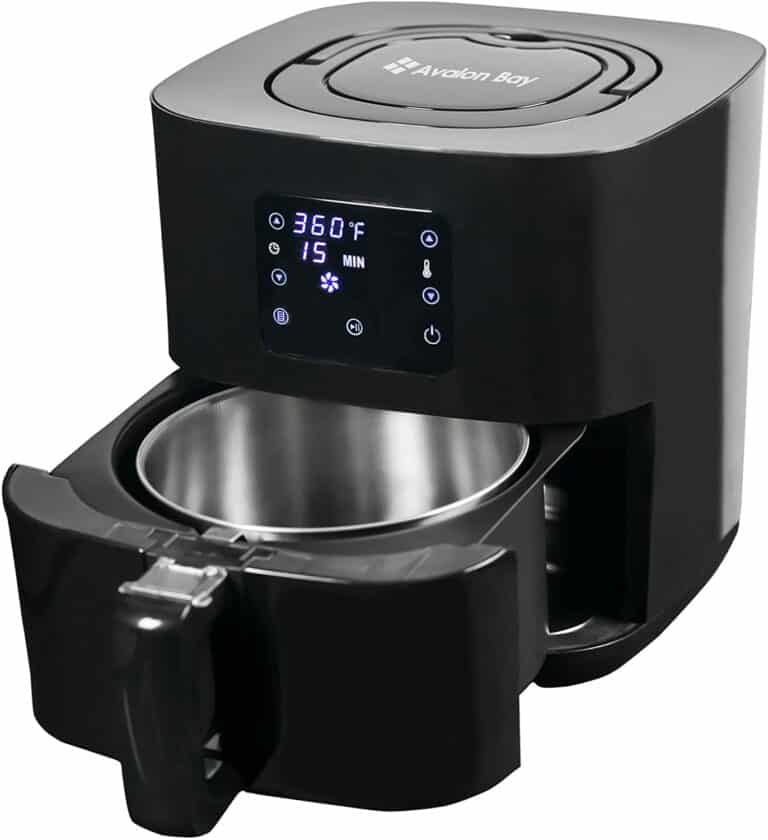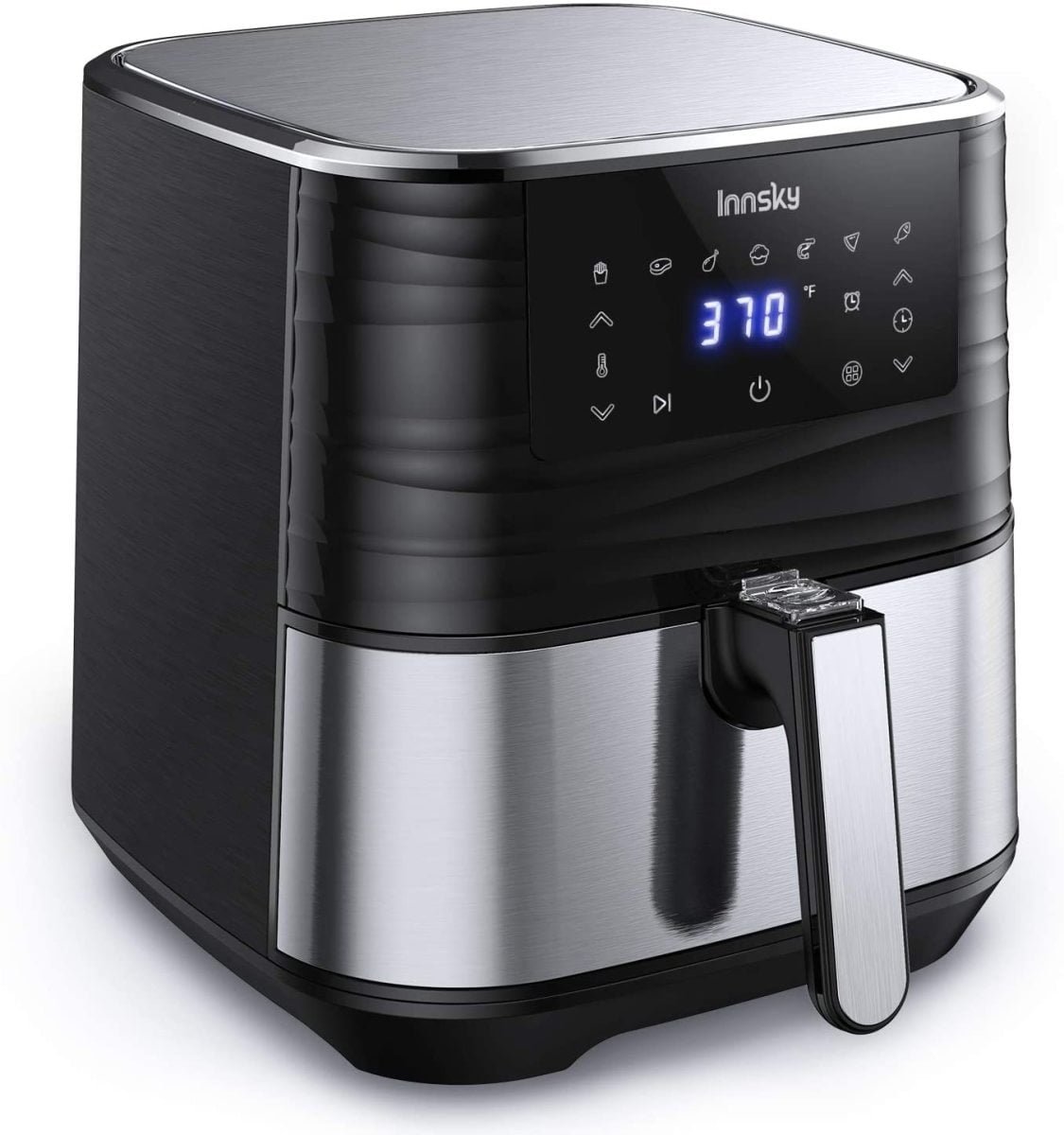Contents
ToggleAir fryers have become increasingly popular in recent years as a healthy alternative to deep frying. Their convection heating technology allows you to make crispy fried favorites like chicken wings, french fries, and more using little to no oil. But what types of cookware can you use in your air fryer? Specifically, is it safe to put metal pans, trays, or baskets in an air fryer?
Air fryers work by rapidly circulating hot air around food to produce a crispy, fried finish. A heating element and fan are located in the top or side of the appliance. As the heating element warms up, the fan starts circulating the hot air around and throughout the cooking chamber. This allows food to cook evenly and develop a crispy outer layer.
Unlike deep fryers that submerge food in hot oil, air fryers rely on air as the heating medium. The rapid airflow mimics the results of deep frying without all the excess oil.
Most air fryer manufacturers specify that only certain types of metal are safe to use. In particular, coated or painted metal should be avoided as the high heat can damage the coating and expose the bare metal. Bare metal is also not recommended as it can interfere with the airflow.
However, there are some instances where using metal in an air fryer is considered safe:
There are a few risks associated with putting the wrong types of metal in an air fryer:
To avoid potential damage and safety hazards, refer to your air fryer’s instruction manual for which metals can safely be used. When in doubt, stick to heat-safe stainless steel, cast iron, or ceramic cookware. Avoid aluminum foil or uncoated metal. With the right containers, your air fryer will cook food to crispy perfection.



